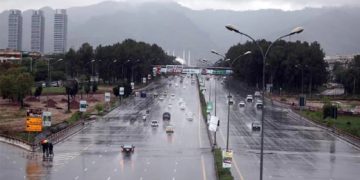Several U.S. lawmakers and Amnesty International have strongly criticized Pakistani authorities for their violent crackdown on protestors from the Pakistan Tehreek-e-Insaf (PTI) in Islamabad. The protests were sparked by demands for the release of PTI’s founder and former Prime Minister, Imran Khan.
Prominent voices in U.S. politics, spanning both the Biden and Trump administrations, have called for Khan’s release. Among them, Richard Grenell, former Director of National Intelligence under the Trump administration, made a direct appeal on social media, tweeting: “Release Imran Khan.”
Grenell, who has also been tasked with leading peace talks between Russia and Ukraine, underscored the urgency of the matter.
Similarly, Zalmay Khalilzad, former U.S. Ambassador and a member of the Trump administration, condemned reports of a shoot-at-sight order against protestors, describing it as “a catastrophic mistake.”
Congresswoman Rashida Tlaib of Michigan denounced the escalating violence and repression in Pakistan, labeling it “an attempt to suppress democracy and human rights.” Meanwhile, Congresswoman Barbara Lee, co-chair of the Human Rights Caucus, highlighted the necessity of safeguarding fundamental freedoms. Representative Summer Lee expressed admiration for the courage of Pakistani protestors, commending their fight for electoral integrity and judicial fairness while condemning violent suppression.
Amnesty International echoed these concerns, accusing Pakistani law enforcement agencies of using “unlawful and excessive force,” including tear gas, live ammunition, and rubber bullets against PTI protestors. The organization emphasized that even in cases of non-peaceful protests, authorities are obligated under international law to respect the right to life and freedom from torture and ill-treatment.
Amnesty further highlighted severe restrictions imposed on assembly, movement, internet access, and mobile services, along with reports of thousands of arbitrary detentions. The rights group called on Pakistani authorities to prevent arbitrary deprivation of life, ensure accountability for unlawful actions, and create an environment conducive to the exercise of peaceful protest.







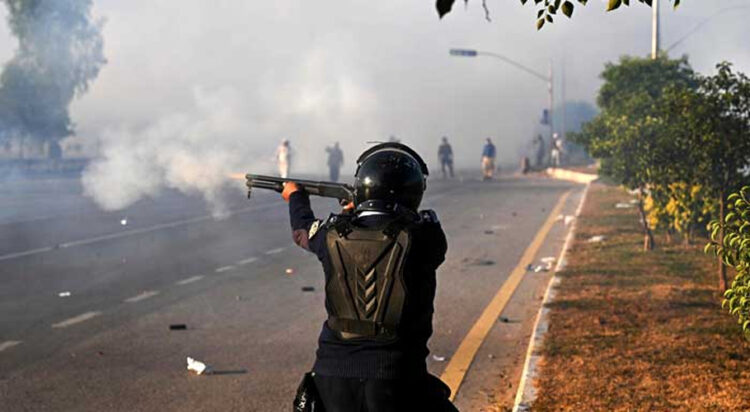

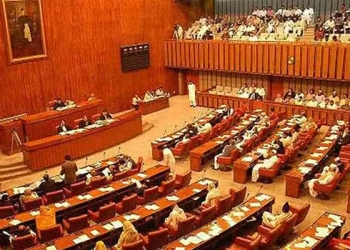
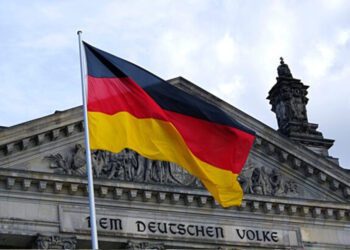



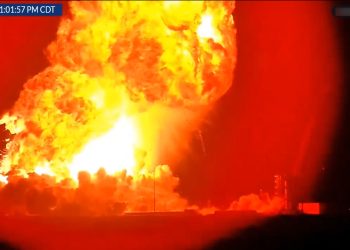
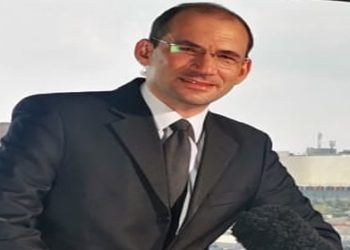

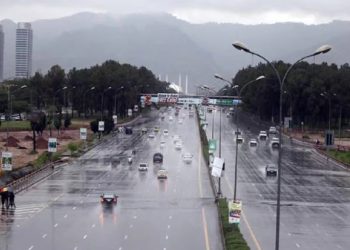

![This handout photo released by the IRGC’s official Sepah News Telegram channel shows smoke billowing from a site bombed by Israel in Tehran early on June 13, 2025 [Sepah News/AFP]](https://mmnews.tv/wp-content/uploads/2025/06/Israel-attack-on-Iran-1-350x250.jpg)



